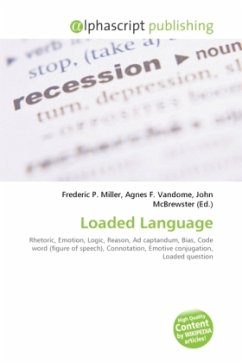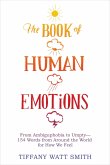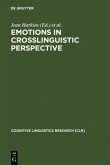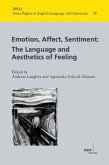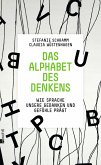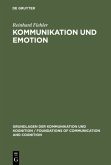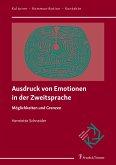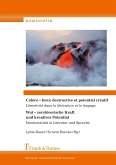In rhetoric, loaded language is wording that attempts to influence the listener or reader by appealing to emotion. Loaded words and phrases are those which have weak emotional overtones or connotations, and which evoke strongly positive or negative reactions beyond their literal meaning. For example, the phrase tax relief refers literally to deductions that a person might claim in order to reduce the amount of tax they must pay to their government. However, use of the emotive word relief implies that the tax was an unreasonable burden to begin with. The appeal to emotion is often seen as being in contrast to an appeal to logic and reason. However, emotion and reason are not necessarily always in conflict, nor is it true that an emotion cannot be a reason for an action. Murray and Kujundzic distinguish "prima facie reasons" from "considered reasons" when discussing this. A prima facie reason for, say, not eating mushrooms is that one does not like mushrooms. This is an emotive reason. However, one still may have a considered reason for not eating mushrooms: one might consume enough of the relevant minerals and vitamins that one could obtain from eating mushrooms from other sources.
Bitte wählen Sie Ihr Anliegen aus.
Rechnungen
Retourenschein anfordern
Bestellstatus
Storno

